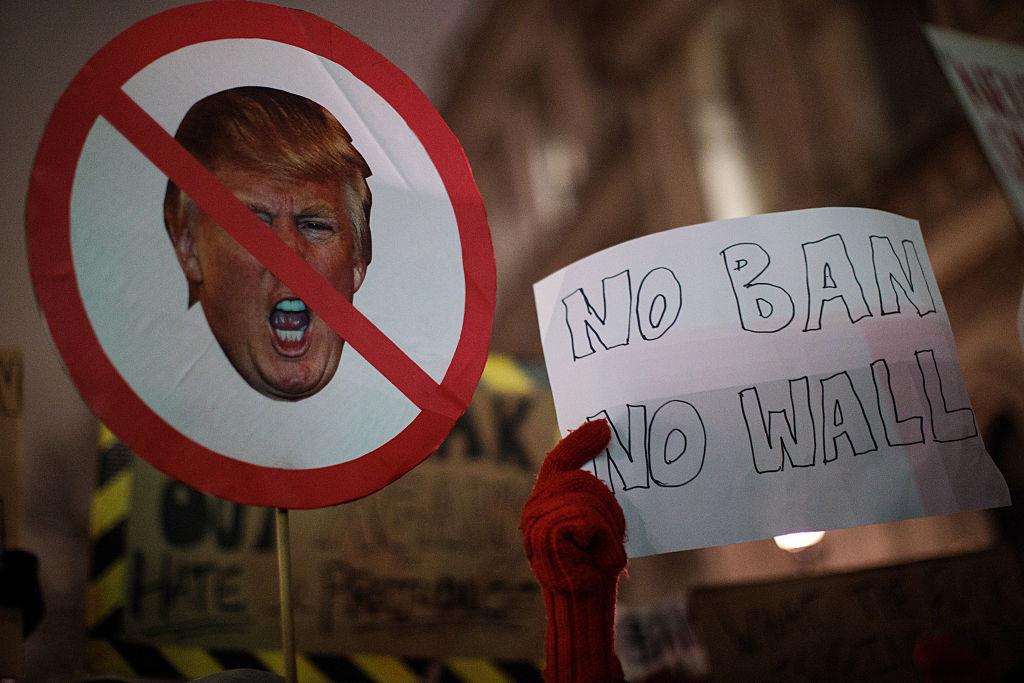US may force refugees and visa applicants from 'Muslim ban' countries to hand over social media passwords
'If they don’t want to cooperate then you don’t come in'

The US Department of Homeland Security (DHS) could start forcing visa applicants and refugees from the seven Muslim-majority countries included in President Trump’s controversial executive order to surrender their social media passwords before entering the country.
If the security measures were introduced, visitors from Iraq, Iran, Libya, Somalia, Sudan, Syria and Yemen would be required to share their account details with officials, who would presumably be permitted to use them to access private information, including pictures and messages.
“We want to get on their social media, with passwords,” DHS secretary John Kelly told the House Committee on Homeland Security this week.
“What do you do, what do you say? If they don’t want to cooperate then you don’t come in.”
In order to avoid handing over personal information, social media users could simply create fake profiles, which don't take long to fill in.
Mr Trump’s proposed travel ban, which would block people from seven predominantly Muslim countries from entering the US, was blocked by U.S. District Judge James Robart last week, but the President is believed to be considering taking the case to the Supreme Court.
He also ranted about Mr Robart’s ruling in a Twitter update, saying, “Just cannot believe a judge would put our country in such peril. If something happens blame him and court system. People pouring in. Bad!"
Mr Kelly has also suggested that the DHS could demand financial records from visitors, as it could help officials find “individuals who may be on the payroll of terrorist organizations.”
“When someone says, ‘I’m from this town and this was my occupation,’ [border officials] essentially have to take the word of the individual,” Mr Kelly added.
“I frankly don’t think that’s enough, certainly President Trump doesn’t think that’s enough. So we’ve got to maybe add some additional layers.”
Join our commenting forum
Join thought-provoking conversations, follow other Independent readers and see their replies
Comments
Bookmark popover
Removed from bookmarks